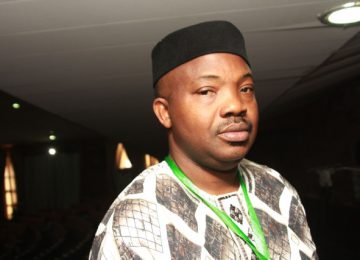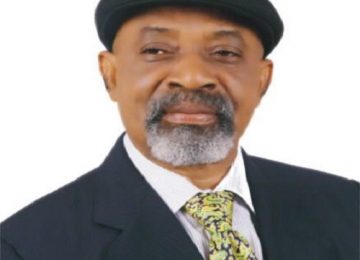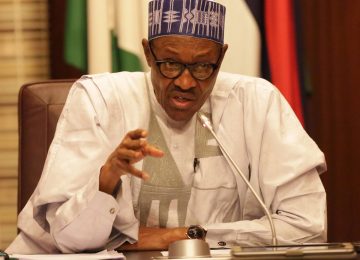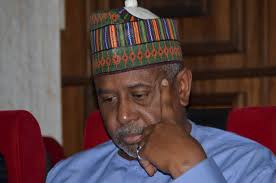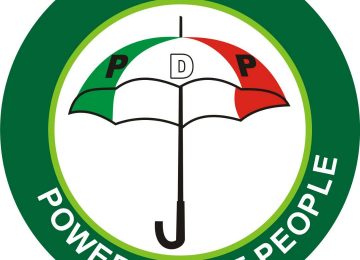Independent Corrupt Practices and Other Related Offences Commission (ICPC) Acting Chairman Dr. Musa Usman Abubakar have accused lawyers of glorifying corruption rather than joining the fight against it.
The ICPC chief spoke at the Fifth Criminal Justice Reform Conference in Asaba, the Delta State capital. It was organized by the Nigerian Bar Association (NBA) Criminal Justice Reform Committee chaired by Chief Arthur Obi Okafor (SAN).
He said some lawyers serve as mouthpieces to those accused of corruption contrary to the Rules of Professional Conduct for Legal Practitioners.
Abubakar said it was “disheartening” that such lawyers have become clogs in the wheel of justice.
He backed calls for the establishment of a special anti-corruption court, but said it would not solve the problem of delays if lawyers do not change their attitude.
Abubakar said: “In as much as the ICPC subscribes to the establishment of special court, I make bold to say that there would hardly be any difference if the defense lawyers maintain their usual tactics of frustrating the smooth administration of justice.
“I, therefore, urge that as ministers in the temple of justice, you champion this fight and be the vanguard of anti-corruption in Nigeria. You must avoid glorifying corruption but insist on ensuring that justice is done. We should strive to leave a good and lasting legacy for the coming generation.
“This will require attitudinal change by strictly adhering to the relevant provisions of the Rules of Professional Conduct for Legal Practitioners, notably Rules 14, 30 and 37, most especially Rule 30 which provides that a legal practitioner shall not conduct himself in any manner that may obstruct, delay or adversely affect the administration of justice.
“Despite these clear provisions, it is disheartening how some lawyers derive pleasure in frustrating corruption cases by serving as the mouthpiece of their clients. We must, therefore, put public interest far about our client’s interest.”
Abubakar believes special courts were necessary because delays in regular courts may be due to some factors beyond the control of the judicial officers hearing such cases.
“The judges hearing corruption/economic crime cases are also saddled with the responsibility of hearing other cases, both civil and criminal. This jam-packs the courts’ case dockets and leads to delay.
“The same judges who handle corruption/economic crime cases also sit on appeal on cases from the inferior courts, notably from magistrate’s courts and Customary Courts. During the period of appeal sessions, the courts normally adjourn other cases in order to concentrate on hearing appeals.
Consequently, even corruption/economic crime cases are also adjourned, which invariably leads to delay.
“The same judges are assigned national assignment such as hearing election petitions, in which they are posted far away from their various jurisdictions. Cases are usually kept in abeyance pending the conclusion of election petition cases; hence, the delay.
“Recording proceedings in long hand slows down trial process too,” Abubakar said.
According to him, a recent research by ICPC revealed that delays were caused by assigning too many cases to one judge, with 83 per cent of respondents endorsing the creation of specialised courts to handle only corruption cases.
He said ICPC believes that creating a special court would help achieve the objectives of Section 396(3) of the Administration of Criminal Justice Act (ACJA), 2015 which provides for day-to-day trial, among others.


